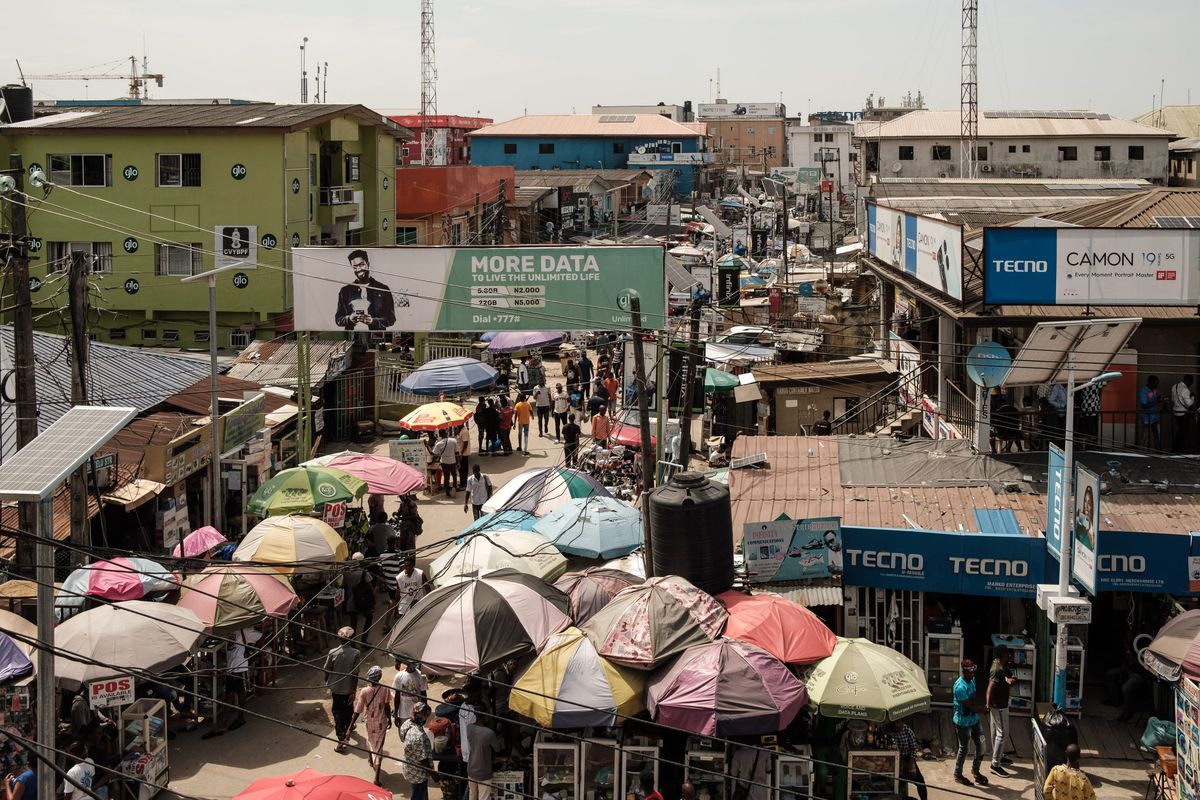Nigeria drops two places on the Digital Quality of Life Index
Nigeria lags behind South Africa (72nd) and Kenya (76th) in digital quality of life. The DQL Index is an annual study that ranks 121 countries by their digital well-being based on five core pillars.

The Digital Quality of Life Index is an annual study that ranks 121 countries by their digital well-being based on five core pillars—internet quality, internet affordability, e-security, e-infrastructure, and e-government.
Surfshark’s fifth annual Digital Quality of Life Index (DQL) ranks Nigeria 88th in the world, dropping by two places from last year. Out of the Index’s five pillars, Nigeria performed best in internet quality, claiming 62nd place, while facing challenges in internet affordability, ranking 108th. The nation ranks 73rd in e-security, 88th in e-government, and 93rd in e-infrastructure. In the overall Index, Nigeria lags behind South Africa (72nd) and Kenya (76th). Nigeria takes 7th place in Africa, with South Africa the leader in the region.
“In many nations, 'digital quality of life' has merged into the broader concept of overall 'quality of life'. There’s no other way to look at it now that so many daily activities, including work, education, and leisure, are done online. That’s why it’s crucial to pinpoint the areas in which a nation's digital quality of life thrives and where attention is needed, which is the precise purpose of the DQL Index,” says Gabriele Racaityte-Krasauske, Surfshark's spokeswoman.
Nigeria’s internet quality is just around the global average.
- Fixed internet averages 25 Mbps in Nigeria. To put that into perspective, the world’s fastest fixed internet — Singapore's — is 300 Mbps. Meanwhile, the slowest fixed internet in the world — Yemen's — is 11 Mbps.
- Mobile internet averages 47 Mbps. The fastest mobile internet — the UAE's — is 310 Mbps, while the world’s slowest mobile internet — Venezuela's — is 10 Mbps.
Compared to South Africa, Nigeria’s mobile internet is 31% slower, while fixed broadband is 64% slower. Since last year, mobile internet speed in Nigeria has improved by 87%, while fixed broadband speed has grown by 33%.
The internet is highly unaffordable in Nigeria compared to other countries.
- Nigerians have to work 35 hours 25 minutes a month to afford fixed broadband internet. It is 119 times more than in Romania, which has the world’s most affordable fixed internet (Romanians have to work 18 minutes a month to afford it).
- Nigerians have to work two hours 59 minutes 15 seconds a month to afford mobile internet. This is 11 times more than in Luxembourg, which has the world’s most affordable mobile internet (Luxembourgers have to work 16 minutes a month to afford it).
Nigeria is 73rd in the world in e-security — seven places lower than last year. The e-security pillar measures how well a country is prepared to counter cybercrime, as well as how advanced a country’s data protection laws are. In this pillar, Nigeria lags behind South Africa (72nd) and Kenya (65th). Nigeria is unprepared to fight against cybercrime, and the country has deficient data protection laws.
Nigeria is 93rd in e-infrastructure and 88th in e-government. Advanced e-infrastructure makes it easy for people to use the internet for various daily activities, such as working, studying, shopping, etc. This pillar evaluates how high internet penetration is in a given country, as well as its network readiness (readiness to take advantage of Information and Communication Technologies). Nigeria’s internet penetration is moderate (73% — 86th in the world), and the country ranks 105th in network readiness.
The e-government pillar shows how advanced a government’s digital services are and the level of Artificial Intelligence (AI) readiness a country demonstrates. Nigeria’s e-government is below the global average.
Globally, the internet is more affordable than last year
- Fixed internet is 11% more affordable than last year—on average, people have to work 42 minutes less a month to afford it.
- Mobile internet is 26% more affordable than last year—people must work 41 minutes less to afford it.
This year's study includes four more countries than DQL 2022, reaffirming Surfshark’s commitment to global representation.
Access Nigeria’s full profile in the 2023 Digital Quality of Life report and an interactive country comparison tool.






